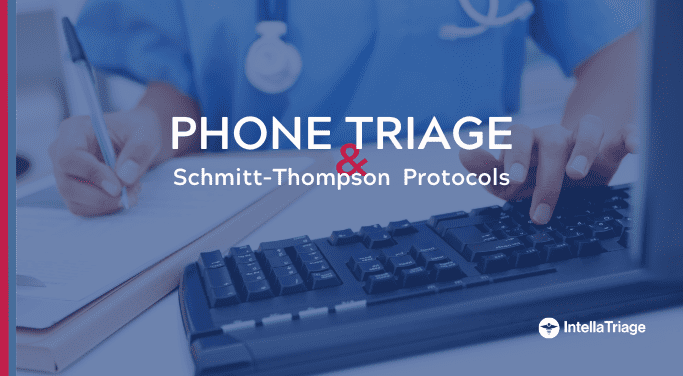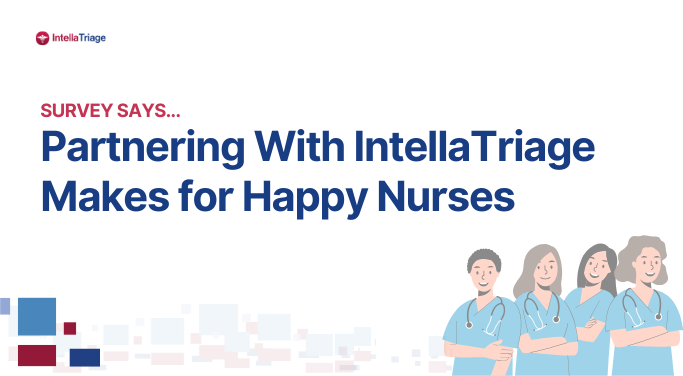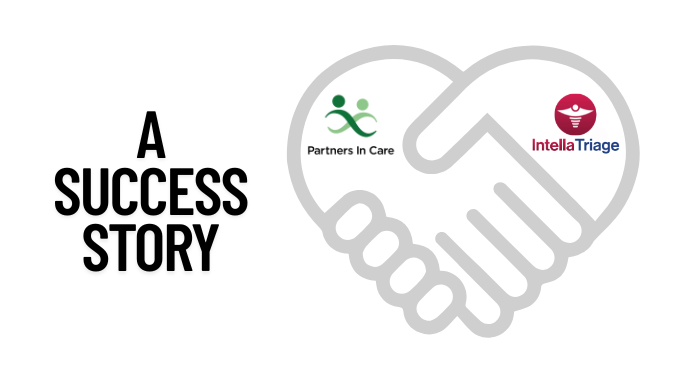Quality triage services involve more than simply answering the phone and passing along messages. Trained triage nurses are equipped to ask questions that can lead to recommendations for care or instructions to seek immediate treatment, depending on the caller’s situation. Phone triage using Schmitt-Thompson protocols ensures that patients’ concerns are addressed appropriately and efficiently.
What Are Schmitt-Thompson Protocols?
Used by most after-hours and managed-care call centers in the U.S., the Scmhitt-Thompson protocols provide guidelines for almost all symptom calls. Having a set of established questions enables the triage nurse to determine categories or levels of necessary care for the caller based on the severity of their symptoms. Depending on the responses, the nurse may recommend home care or instruct the caller to seek immediate treatment. For example, there may be situations where the caller needs first aid that can be administered at home. There may be other situations where first aid should be administered to reduce further damage or injury as the patient awaits transportation to a medical facility. The triage nurse’s responses are evidence-based with new medical research incorporated into the protocols annually.
In each phone call, the triage nurse will introduce themselves, collect basic information – including a brief health history – then document a brief description of the caller’s symptoms or illness. Using the Schmitt-Thompson protocols, the nurse will ask appropriate questions to determine the severity of the illness and then advise the caller on the next steps. By following this procedure, the triage nurse practices risk management at every step of the interaction
The Protocol Authors
Two physicians, Dr. Barton Schmitt and Dr. David Thompson, developed the Schmitt-Thompson protocols. Dr. Schmitt is a primary care pediatrician who wrote the first book on pediatric telephone triage. He has served as the Medical Director of the Pediatric Call Center at Children’s Hospital Colorado since 1988 and has written over 100 articles and books for nurses, physicians, and parents.
Dr. Thompson is board-certified in Emergency Medicine and Internal Medicine. He is on the faculty attending at Northwestern Memorial Hospital Emergency Department and has served as Chief Medical Information Officer for ECI Healthcare Partners, providing leadership and guidance in medical coding, compliance, education, and technology. Dr. Thompson’s work reflects his strong interests in quality improvement, patient satisfaction, and telephone triage.
Importance of Triage Protocols
Providing qualified guidance to triage nurses as they respond to callers’ questions helps nurses offer symptom-based assessments and deliver consistent, current health information, which is critical for quality healthcare. Phone triage using Schmitt-Thompson protocols decreases any risk involved by standardizing the information provided.
Triage protocols can benefit the medical practice and its patients by improving the consistency of home care advice, reducing potential errors and the legal liability associated with errors, ensuring that all important questions are asked of the caller, and enabling physicians to safely delegate triage calls to nurses. Established protocols for qualified triage nurses help improve a healthcare practice’s efficiency and their patients’ outcomes.
Quadruple Aim
When developing their protocols, Drs. Schmitt and Thompson have adhered to the established Quadruple Aim of healthcare to:
- Enhance patient experience
- Improve population health
- Reduce costs
- Improve the work life of health care providers, including clinicians and staff.
Clinical Content Development Guidelines
These triage protocols are reviewed and updated annually to ensure they reflect current research.
Regular updates to the protocols always follow the three Rs of clinical content development:
- They are reviewed by over 200 clinically active primary care and emergency medicine physicians, call center medical directors, call center nurse managers, and physician specialists.
- They are referenced in the current medical literature.
- They are researched thoroughly, using an evidence-based approach to developing and updating the clinical content.
IntellaTriage Provides the Gold Standard in Telephone Triage
At IntellaTriage, our registered nurses triage every call according to Schmitt-Thompson protocols, which are the gold standard in telephone triage. We have over 15 years of experience providing nurse triage calls, and our focus continues to be on providing the highest level of care for clients, no matter the time of day.
Our phone triage nurses, all licensed nurses, provide sound medical advice for patients and integrate with our providers’ systems to ensure consistent patient. Contact IntellaTriage today for more information about transforming your approach to after-hours phone triage.
Contact Us for a Consultation
Ready to optimize your triage process? Reach out to us today for a consultation tailored to your needs. Let’s elevate your patient care together.
More From The Blog
Survey Says… Partnering With IntellaTriage Makes for Happy Nurses In today’s competitive healthcare landscape, becoming the employer of choice is a strategic advantage. And if you’re in hospice or home health, your clinicians aren’t just looking for better pay. They’re looking for better balance. According to a recent survey of IntellaTriage clients, 96% say our [...]
Recent data breaches are once again highlighting the urgency of securing protected health information (PHI). In March 2025, Yale New Haven Health System disclosed that an unauthorized third party accessed the personal data of nearly 5.6 million patients. Around the same time, Kentucky’s Cumberland County Hospital suffered a breach affecting more than 36,000 individuals, including [...]
Partners In Care - A Success Story. Partners In Care is a 5-star nonprofit provider of hospice, palliative, and home health services in Oregon. When they decided to reevaluate their after-hours care model, the goal was clear: prioritize patient care while supporting the nurses who make it all possible. Their home health and hospice nurses [...]

